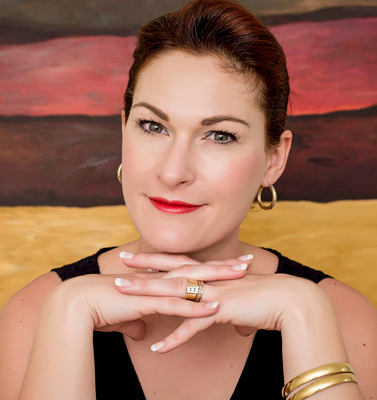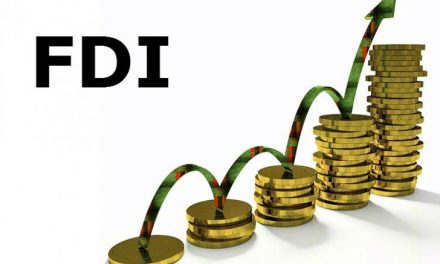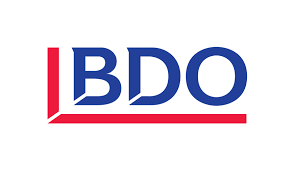
A black swan has just descended on our small pond – who will lead us out of the hysterics?

By Natasja Beyleveld, Managing Director of NaMedia.
The Black Swan was coined by Nassim Nicholas Taleb (finance professor and former Wall Street trader) as a financial concept where an unexpected chain of events or a single event occurs which can have a significant and long-lasting effect on the world, and the world economy.
It’s the moment things are not the same again for quite some time. It’s the litres of sanitizer, tons of gloves and masks being sold across borders the past few days. I never thought I’d see so many Namibian taxi drivers wear gloves and masks, nor see friends hesitate to greet each other while clinging eagerly to the public trolley loaded with five weeks’ groceries. Thank God we don’t have to European-kiss-greet each other anymore, now we can elbow or tip toe each other laughing (side-ways).
To a large extent, the Black Swan event depends on the observer(s). It can also differ between parts of communities, cultures or contribute to acts of mass-hysteria. Be it the effects of a terrorist attack, the rise of the internet & personal devices, World War 1, the effect of the event depends on the observer. We can merely learn from various cases’ risk models, public communications by authorities, and peer responses globally. We tend to hold it all in, or let it all out.
A Black Swan event is an outlier, is extremely impactful, and is retrospectively predictable but not prospectively. It’s like having the wind up your skirt exactly the wrong (unplanned) moment, left in shock (and some might stay and watch, others will run).
On a serious note, it’s what we don’t know that can hurt us, and this further contributes to unpredictable behaviour. As corporates, we still have the obligation to tell stories that are relatable, memorable, and shareable. It might not feel that way – but it’s true. Leaders do not deny nor encourage fear – knowing our ‘human faults’ of wanting to categorise and simplify the world, and that these thought patterns are not sustainable.
Taleb argues that we should never confuse the absence of evidence with evidence of absence. We must be weary of the experts as they do not know what they do not know. We have to test (theory, knowledge, assumption) regularly – to learn and adapt continuously.
What can we learn from Taleb today? Don’t protect the future based on the present alone; it’s not a sustainable approach. We can’t all stay at home until there are zero cases of Corona worldwide, or can we?
We should continuously ‘update’ our world view by ‘downloading’ new evidence and experience.
News updates are changing, perspectives (from credible authorities, medical experts, new trials) are continuous. Rather communicate facts, not so much opinion. Sure; be really curious, as opposed to really comfortable. But, don’t chase The Black Swans, don’t become consumed by the Corona virus.
Let the swan enter your life, because it already has. Be a good human. It’s steering away from denial and taking up the responsibility to protect yourself not despite, but because of others. It’s never been a one-person-one-family economy. We can’t chase, and we can only hide for so long. Focus on multi-disciplinary thinking and rescue plans for the nation – because that’s what would make solutions sustainable in their targeted outcome. It will take time.
We can’t avoid the ‘outliers’ and the ‘unexpected’ – but having a risk management mindset will set those around you more at ease. Perspective is the balance in the storm, and the yes or no that might either cost you dearly, or win the war.
Love,
Natasja













































